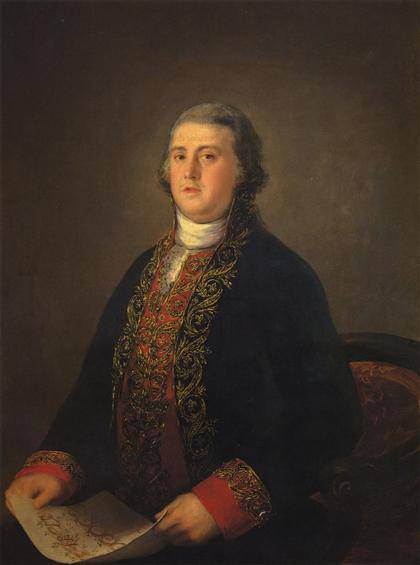Xoan singing of Phú Thọ Province, Viet Nam
Al Sadu, traditional weaving skills in the United Arab Emirates
New elements for UNESCO’s List of Intangible Heritage The Intergovernmental Committee for the Safeguarding of Intangible Heritage, meeting in Bali (Indonesia) from 22 to 29 November, added new elements to the List of Intangible Heritage in need of urgent safeguarding]]>
November 25, 2011, source: UNESCO / theartwolf
Yaokwa, the Enawene Nawe people’s ritual for the maintenance of social and cosmic order, Brazil: The Enawene Nawe people live in the southern Amazon rainforest, and they perform the Yaokwa ritual each year during the dry season to honour the Yakairiti spirits
Saman dance, Indonesia: Performed by boys and young men among the Gayo people of Aceh province in Sumatra.
Traditional skills of building and sailing Iranian Lenj boats in the Persian Gulf, Islamic Republic of Iran: The UNESCO explains that wooden Lenjes are being replaced by cheaper fibreglass substitutes and therefore, traditional knowledge of sailing in the Persian Gulf are gradually fading.
Naqqāli, Iranian dramatic story-telling, Islamic Republic of Iran.
Secret society of the Kôrêdugaw, the rite of wisdom in Mali: This society educates, trains and prepares children to cope with life and to deal with social problems.
The Moorish Epic T’heydinn, Mauritania: Encompasses dozens of poems in the Hassaniya language lauding the glorious feats of Moorish emirs and sultans.
Folk long song performance technique of Limbe performances – circular breathing, Mongolia: The Limbe is a side-blown flute of hardwood or bamboo, traditionally used to perform Mongolian folk long songs.
Eshuva, Harákmbut sung prayers of Peru’s Huachipaire people: The Huachipaire are an indigenous ethnic group speaking the Harákmbut language and living in the Amazon tropical forest.
Al Sadu, traditional weaving skills in the United Arab Emirates: A traditional form of weaving practised by Bedouin women in rural communities.
Related content
UNESCO asks to protect Libya’s cultural heritage (August 2011)
Notable absentees at the UNESCO World Heritage List
Follow us on:


